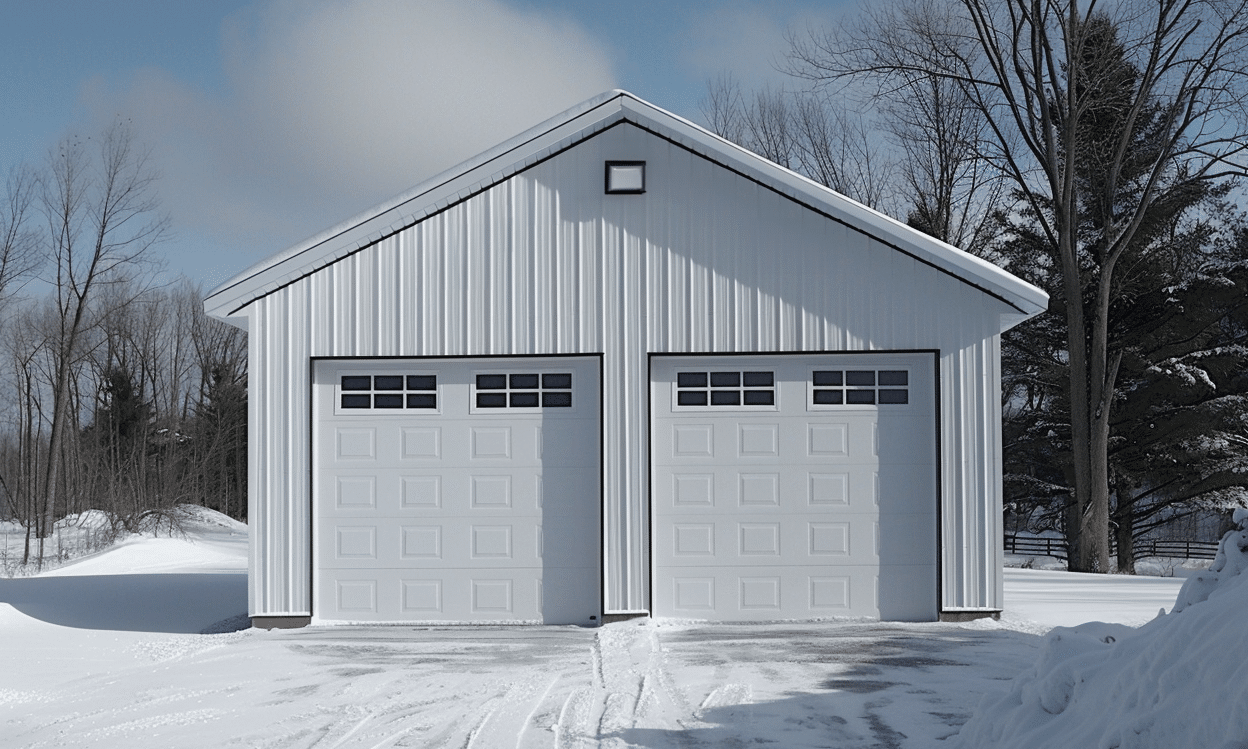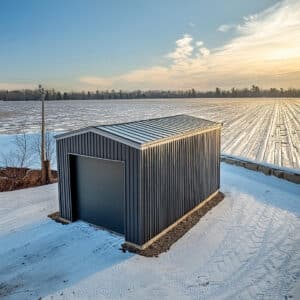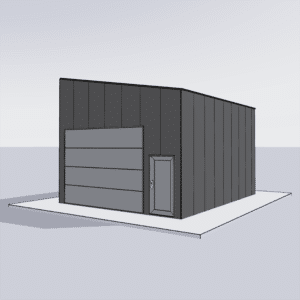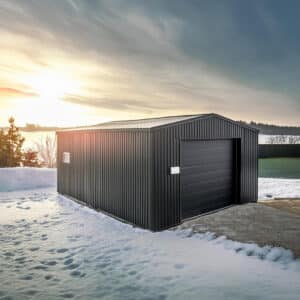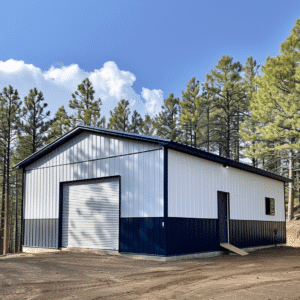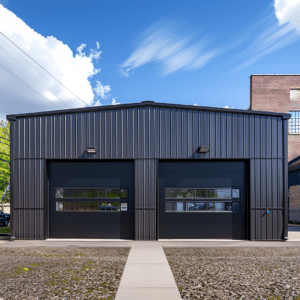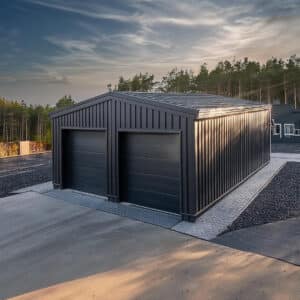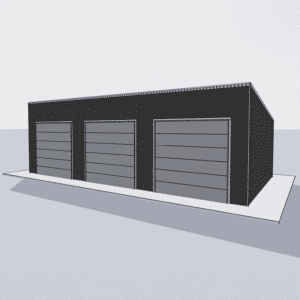PVC pipes, commonly known as polyvinyl chloride pipes, have ushered in a revolution in the construction industry. With their sturdy structure, lightweight design, and versatility, they present a multitude of advantages over traditional piping materials. From plumbing systems to modern residential developments, PVC pipes have secured their place as a vital construction component. Let’s delve into the numerous advantages of PVC pipes in construction, offering a fresh perspective on why they are becoming the preferred choice for builders around the globe.
Durability and Longevity
When you think of construction materials, longevity and durability are paramount. PVC pipes excel in these areas, effortlessly outlasting traditional materials such as metal or concrete. Thanks to their robust composition, these pipes can withstand significant environmental stress. Whether exposed to corrosive substances or varying temperatures, PVC maintains its integrity, ensuring that your infrastructure remains reliable for decades.
Consider the enhanced durability you achieve in a 30×50 steel building kit when incorporating PVC plumbing solutions. The synergy between steel structures and durable piping creates a formidable combination that withstands the test of time.
Cost-Effectiveness of PVC Pipes
One frequently overlooked but crucial advantage of PVC pipes is their cost-effectiveness. In a world where budget constraints can hamper construction projects, PVC offers an affordable solution without compromising quality. The significantly lower material costs, combined with reduced labor requirements due to the lightweight nature of PVC, contribute to substantial savings.
Furthermore, their extended lifespan means lower maintenance costs and fewer replacements, allowing builders to focus resources elsewhere. Given these benefits, it is no wonder that PVC pipes are embraced within Ontario steel construction for their budget-friendly attributes.
Ease of Installation
The construction industry often faces challenges in installation, often resulting in delays and increased costs. PVC pipes, however, are a game-changer regarding easy installation. Their lightweight nature simplifies handling and transport, making them ideal for large-scale projects and minimizing the physical stress on contractors.
Moreover, PVC pipes can be readily joined using cementing or mechanical couplings, allowing for quick and efficient assembly. This seamless installation aligns perfectly with modern plumbing systems design, enhancing the speed and efficiency of construction projects.
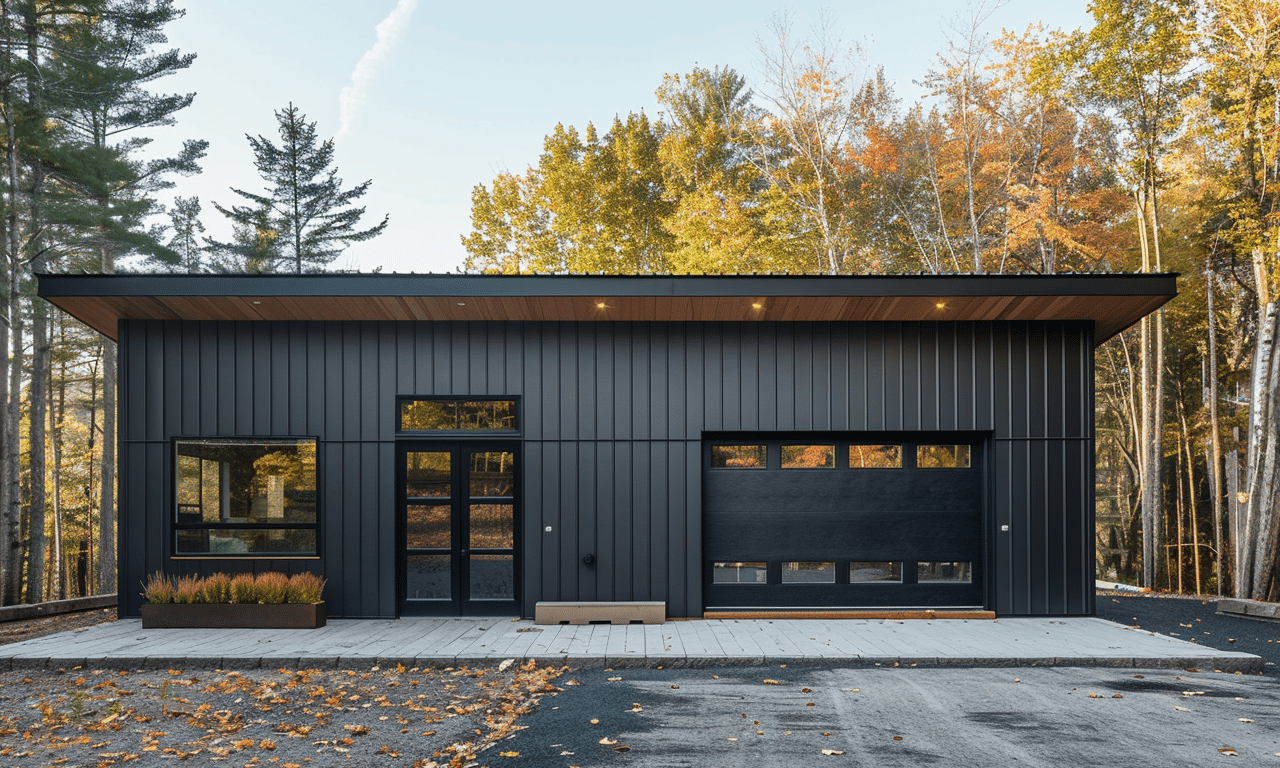
Versatility in Application
PVC pipes are synonymous with versatility; their applications stretch far beyond plumbing. From drainage to sewage to irrigation systems, these pipes are adaptable and meet diverse construction needs. Their chemical resistance makes them suitable for transporting a wide range of materials without degradation or contamination.
In residential construction, they seamlessly integrate into complex piping networks without compromising aesthetic or functional aspects. This adaptability enhances PVC’s appeal to architects and builders looking to maximize project flexibility.
Environmental Considerations
In an era of heightened environmental awareness, building sustainably is a priority; PVC pipes shine in this respect. These pipes require less energy to manufacture than metal pipes, and their longevity means reduced waste from replacements. Furthermore, PVC is recyclable, allowing it to be repurposed into new products, further minimizing its environmental footprint.
Integrating PVC pipes into your project’s services supports green building initiatives and aligns with increasingly eco-conscious building regulations.
Corrosion Resistance
Corrosion is the bane of many construction materials, causing expensive damage and necessitating frequent replacements. Unlike their metal counterparts, PVC pipes exhibit superior resistance to chemical wear and corrosion, making them an excellent choice for applications in contact with corrosive elements.
This corrosion resistance is particularly valuable in underground applications or where the pipes carry acidic or alkaline materials. The durability of PVC in such conditions extends the lifespan of the piping system, highlighting another profound advantage of using PVC pipes in construction.
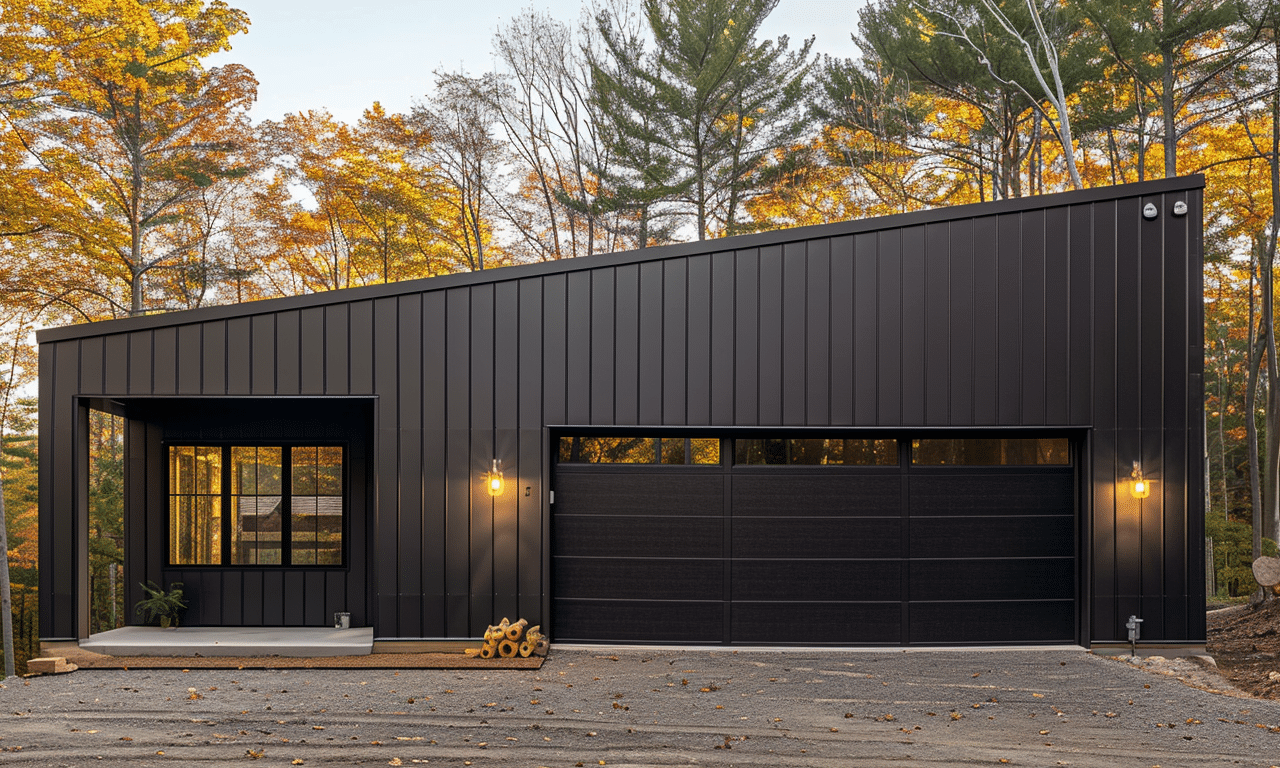
Improved Safety with PVC Pipes
Safety in construction is non-negotiable, and PVC pipes comply with this directive by being inherently safe to handle. They’re non-conductive, which reduces the risk of accidents related to electricity. They are also flame-retardant, diminishing the potential for fire-related hazards on-site.
For contractors and workers, the safety profile of PVC pipes offers peace of mind, ensuring that projects proceed without unnecessary risks.
Learning from Institutional Insights
For those still intrigued by the far-reaching benefits of incorporating PVC pipes, the Canada Mortgage and Housing Corporation – Advantages of PVC Pipes provides further insights into the regulatory and practical aspects of PVC usage. These insights provide real-world examples of how PVC can elevate construction projects to new heights.
Conclusion
To encapsulate, the advantages of PVC pipes border on transformative for the construction industry. The blend of durability, cost-effectiveness, and ease of installation makes them a coveted choice for modern construction projects. Their versatility extends their use into various applications, supported by their safety and environmental benefits. By integrating PVC pipes into your construction plans, you embrace a material that meets contemporary needs and anticipates future construction demands, setting a benchmark for efficiency and sustainability. Whether you’re developing a simple residential project or a complex industrial design, PVC pipes emerge as the pillar of modern construction.


